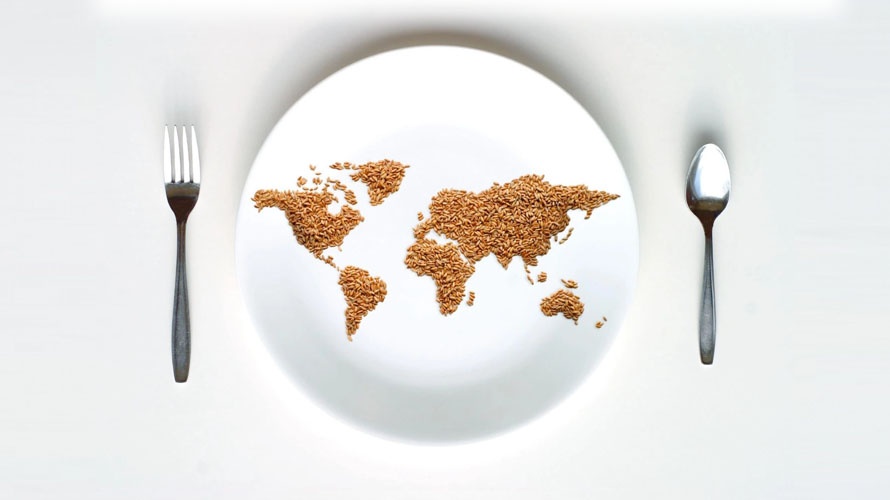
© Fotolia | great divide Photo

© Fotolia | great divide Photo
Our vision is a fair and ecologically compatible global agricultural, food, and trade system. We advocate for environmentally just and climate-adapted agriculture, animal husbandry, and land use as well as for fair incomes and rural areas worth living.
